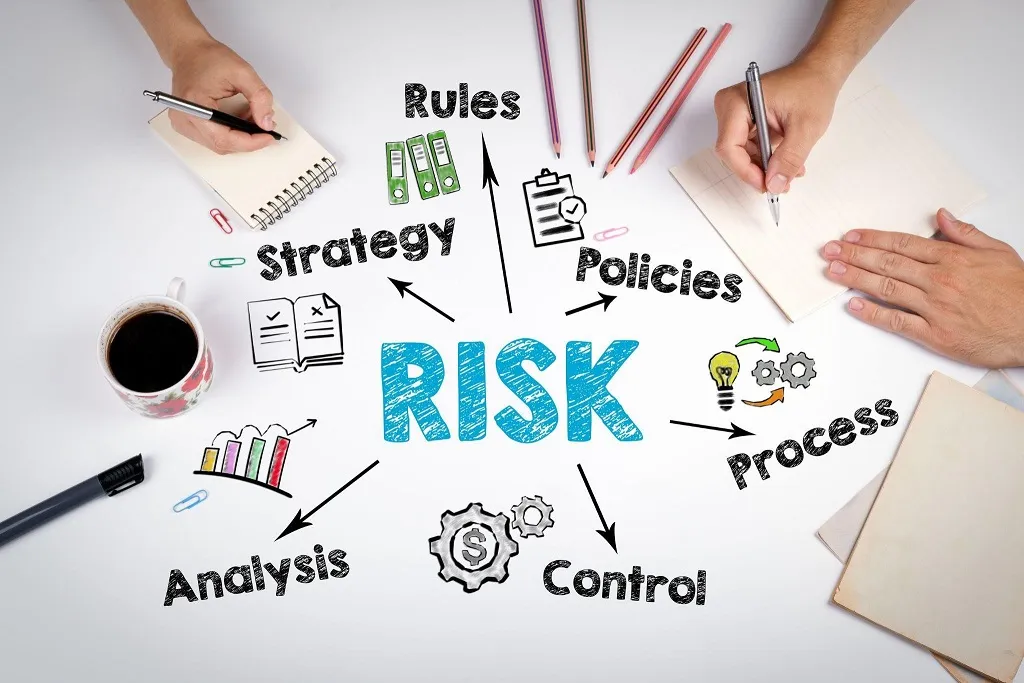The Elements of Risk in Business

An element of risk in business can be defined as any activity that involves the potential for failure. Business units, whether small or large, are surrounded by various types of risks, from physical, natural, and economic factors. The factors that generate these risks can be either predictable or unpredictable. Natural calamities, for instance, are beyond the control of any business owner, and can cause heavy losses in the form of damaged property or business operations.
Political risk can be categorized as changes in government policy, including policies affecting foreign trade. Government policies may restrict foreign trade, causing a businessman to lose money. Government-controlled production could also reduce profits. While it’s impossible to completely eliminate political risk, it can certainly make a business less profitable. These risks can be minimized by carefully monitoring the environment around a business. The factors that increase business risk include political instability, communal riots, natural calamities, and economic growth.
Although there is always some element of risk in business, small businesses should not ignore it. By improvising with employees and incorporating risk assessment into every decision, you can minimize the amount of money you spend on the wrong things. You’ll also avoid paying astronomical interest rates if something does go wrong with your business. So, reducing the risk of failure in your business is essential. There’s nothing worse than running out of money because of a hiccup or unexpected expense.
Regardless of your industry, risk is a normal feature of business. The possibility of loss or damage arises from the uncertain nature of the environment. For instance, the terrorist attack on the WTC affected airlines, hotels, and stockbrokers. The terrorist attack not only affected stockbrokers, but also airlines, importers, and exporters. Despite the devastating impact on the world economy, businesses cannot fully avoid risk. The uncertainty inherent in business is a necessary part of doing business.
Modern businesses face a variety of complex risks, which include cyberattacks and globalization. New threats are associated with digital technology and have been dubbed “threat multipliers.” Some recent examples include the coronavirus pandemic, which began as a supply chain issue and quickly became an existential threat. Keeping track of the latest news and developments is essential. But there are many ways to avoid risk and maximize return.
A businessman must balance his potential for profit and loss. The goal of any business is to make a profit, but decisions are not always easy. And the decisions we make will have a lasting impact on our future. Taking risks and uncertainties seriously is a key feature of any business. The Japanese proverb “Nothing is impossible” also describes the element of risk in business. In fact, only those who take decisive action immediately can truly take advantage of an opportunity.
In the modern business world, risk management is essential for business survival. Experts have long recognized that risk is an important part of business. Effective risk management strategies reduce complexity, increase the likelihood of success, and minimize the possibility of failure. Effective risk management strategies should be sustainable and are fully integrated with the overall organizational strategy. Ultimately, they will help to keep the business moving forward and prevent failure. That’s why risk management is so vital.






